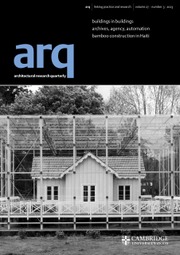No CrossRef data available.
Article contents
Water in use and philosophy at Wotton House: John Evelyn and the History of the Trades
Published online by Cambridge University Press: 07 November 2011
Extract
John Evelyn (1620–1706) is a prominent character in the historiography of seventeenth-century science. His friendships with Robert Boyle, Christopher Wren and Sir Thomas Browne, to name a few, ensure this, as does the huge volume of relevant archival material that he left behind. He was not particularly accomplished as a scientist, or natural philosopher to use the contemporary term, but he did engage earnestly with the project of establishing new experimentalist directions for the investigation of nature, both in the Royal Society after its establishment in the early 1660s, and in other milieux in the lead up to that event. As a figure in garden historiography, Evelyn is equally important. He was not a professional gardener, but a gentleman educated for public office. However, until the Restoration of the Monarchy in 1660, the year he turned forty, he was excluded from public service because of his political allegiances – he was a Royalist. The 1650s were for Evelyn a decade of retirement, and from this time come both the gardens at Wotton – the topic of this paper – and his own famous garden at Sayes Court in Deptford, established in 1653. It was also the time when he composed much of the material on gardening and other virtuoso topics that he published both during that decade and subsequently.
- Type
- history
- Information
- Copyright
- Copyright © Cambridge University Press 2011


